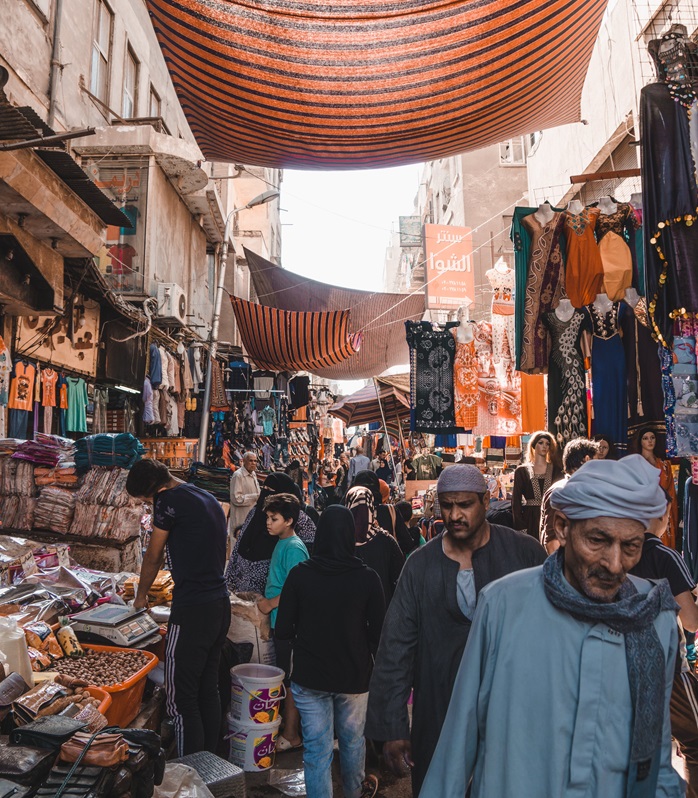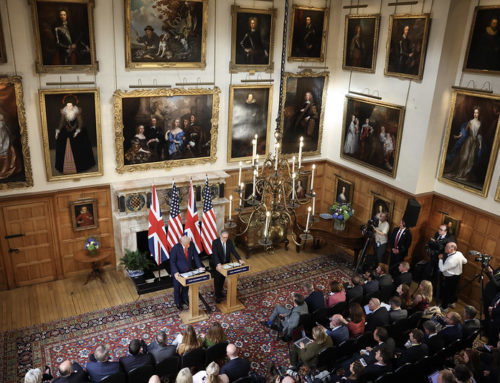1. Ghana inbound FDI
Inbound FDI into Ghana reached $1.5 bn in 2022, and increase of 25% on in 2021 at $1.2 bn. China was the largest source of inbound FDI and most investment was in the manufacturing & services sectors. 6,247 jobs created. Total in Africa was Egypt first in 2022 then South Africa and Ethiopia in terms of inbound investment value. In the same timeframe global FDI decreased by a third.
A new Government initiative the Automotive Development Policy includes a component manufacturing policy to drive local content development of parts & accessories for maintenance and repair but also assembly, to drive the local automotive sector. A new training centre at the University of Ghana ‘Engineering Sciences Training Centre’ in the Engineering school has also been announced. Toyota Ghana has also announced a second facility including a new body & paint workshop, a service workshop, spare part sales & a vehicle delivery centre.
A recent trade mission from Sweden and Denmark hosted in Accra to establish local partnerships and engage with relevant government agencies and local businesses in Ghana took part in lectures and B2B meetings.
Trade Horizons advisors are market entry experts: our team of in-country experts assist companies to export, import and enter new locations by using strategies that have stood the test of time and evidence-based advice. Trade Horizons assists companies to plan to distribute and deliver goods or services to a new target market. Contact one of our experts today.
2. Scottish Minister UAE renewables visit

Isle of Skye via Pixabay
The Scottish ‘Wellbeing Economy’ Secretary Neil Gray led a business delegation to the UAE last week to promote Scotland’s renewable sector.
The UAE is the host country for COP28 which takes place next month. 19 Scottish businesses are funded by the Scottish Government to attend COP28 to increase the profile of the Scottish renewables sector.
Scotland is a world leader in renewable energy with 90% of its electricity generated from renewable sources in 2022. It has targeted net zero by 2045.
Most of Scotland’s renewable energy comes from wind, wave, and tidal power with the world’s largest floating wind farm Beatrice. The Scottish renewables sector employs 25,000 people.
3. Egypt FDI promotions

Alex Azabache via pexels
As mentioned in article 1 Egypt attracted the most inbound FDI in Africa in 2022.
The Government has created a new Supreme Court for Investment to encourage foreign and private investments.
22 decisions were made to improve the business and investment landscape for inbound interests regarding such topics as company incorporation, loosening of restrictions on infrastructure, approval times and approvals and permits processing.
Egypt’s economic woes are no secret as the IMF’s second largest borrower. The IMF recently said Egypt must devalue its currency again to make progress under its debt program Extended Fund Facility of just $3 billion.
Moody’s has downgraded Egypt’s currency this month which means the Egyptian bonds carry a ‘substantial risk’ label.
4. EU Philippines trade negotiations carry on

Mic Oller via Pexels
The Philippines and the EU are in discussions regarding a possible trade deal between them. The Philippines trade minister recently said they are in scoping stage to set out the terms for a possible trade agreement and has previously said he hoped to conclude scoping within the year so negotiations can start in 2024.
Negotiations for a trade agreement were first launched in December 2015, 8 years ago.
Europe was the Philippines fourth largest trading partner in 2022 after China, Japan and the United States at $19.56 billion bilateral trade with EU imports valuing $11.17 Billion and Philippines imports valued at $8.39 billion. EU exports mostly machinery, transport equipment, chemicals and food products whilst Philippines mostly exports office and telecommunications equipment, machinery and food products.
Philippines are currently under a temporary Eu tariff EU GSP Plus which applies import duties for over 6,000 Philippine goods at zero until the end of 2023, and the EU is applying for a four year extension to this.
5. US changes WTO digital demands in win for China
US Trade Representative Katherine Tai has dropped the US’ digital demands from WTO so Congress can regulate big tech firms.
US business groups and lawmakers are angry as it will disadvantage US firms.
Trump had put the demands in place in 2019 to ensure the WTO allows free flow of data across borders without requirements for data localisation.
This move is due to Biden’s alignment with the Indo-Pacific Economic Framework for Prosperity (IPEF) group of Asian countries which aims to regulate big tech firms.
Oregon Democrat Senator Ron Wyden who leads the Senate Finance Committee called the move “a win for China” saying it will strengthen the Chinese model of internet censorship and government surveillance.
US President Biden has come under fire for Chinese links in the past. He will facilitate a visit by Chinese President Xi Jin Ping in San Franciso next month.
6. Badenoch leads trade mission to Japan

Satoshi Hirayama via pexels
Trade Secretary Kemi Badenoch has hosted a trade mission to Japan to promote and discuss luxury fashion products, leading representatives from iconic British fashion brands.
During the visit the delegation met with Japanese fashion buyers where they showcased their products.
The visit took place before the G7 meeting in Osaka.
Badenoch also announced the largest ever Government backed UK renewables export deal worth £130 million in UK made electric vehicle parts.
The talks were part of a mission to reach £1 trillion UK exports by 2030.
The UK and Japan signed a free trade agreement in 2020 which simplifies the rules of origin and low-zero tariffs, removing significant barriers to trade between the two countries.
7. British South Korea trade win

Ethan Brooke via pexels
A new memo by the UK Government has announced that rules of origin to South Korea will be extended.
The rules help British exporters access low or zero tariffs when exporting to South Korea.
The news comes at the launch of new trade negotiations for a new modern deal that is expected to cover new areas like digital, which will probably begin by the end of the year.
South Korea is the world’s 13th largest economy and is expected to grow 45% by 2035.
South Korea is the UK’s 23rd largest trading partner. In the year preceding March 2023 bilateral trade was worth £17.1 billion of which £9.4 billion were UK exports mostly minerals, machinery and vehicles and £7.7 billion imports mostly vehicles, electronics and machinery.







